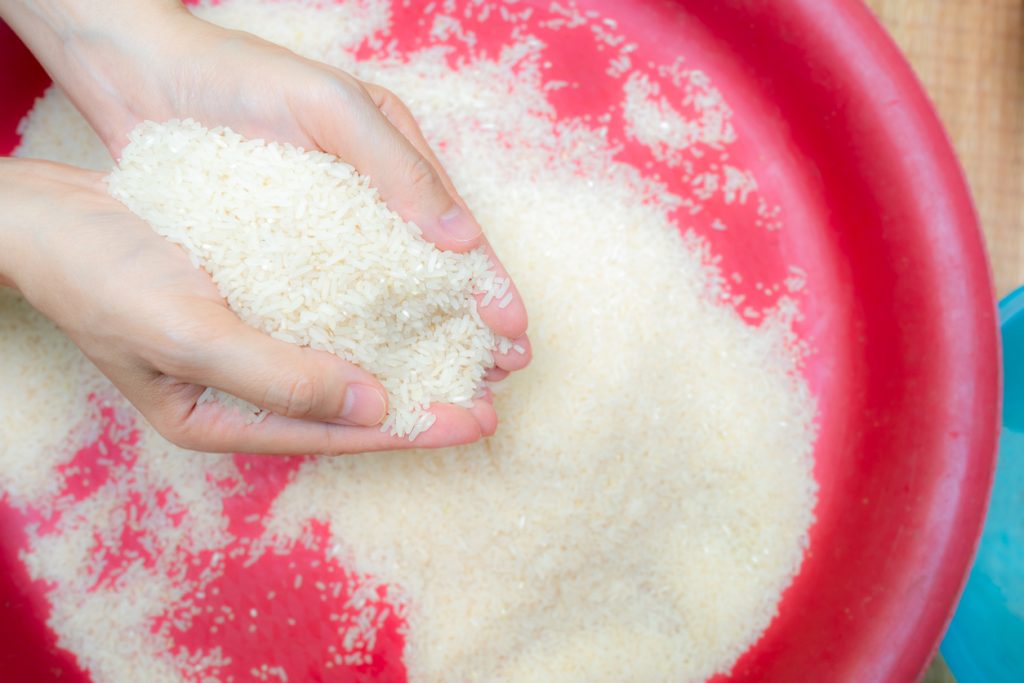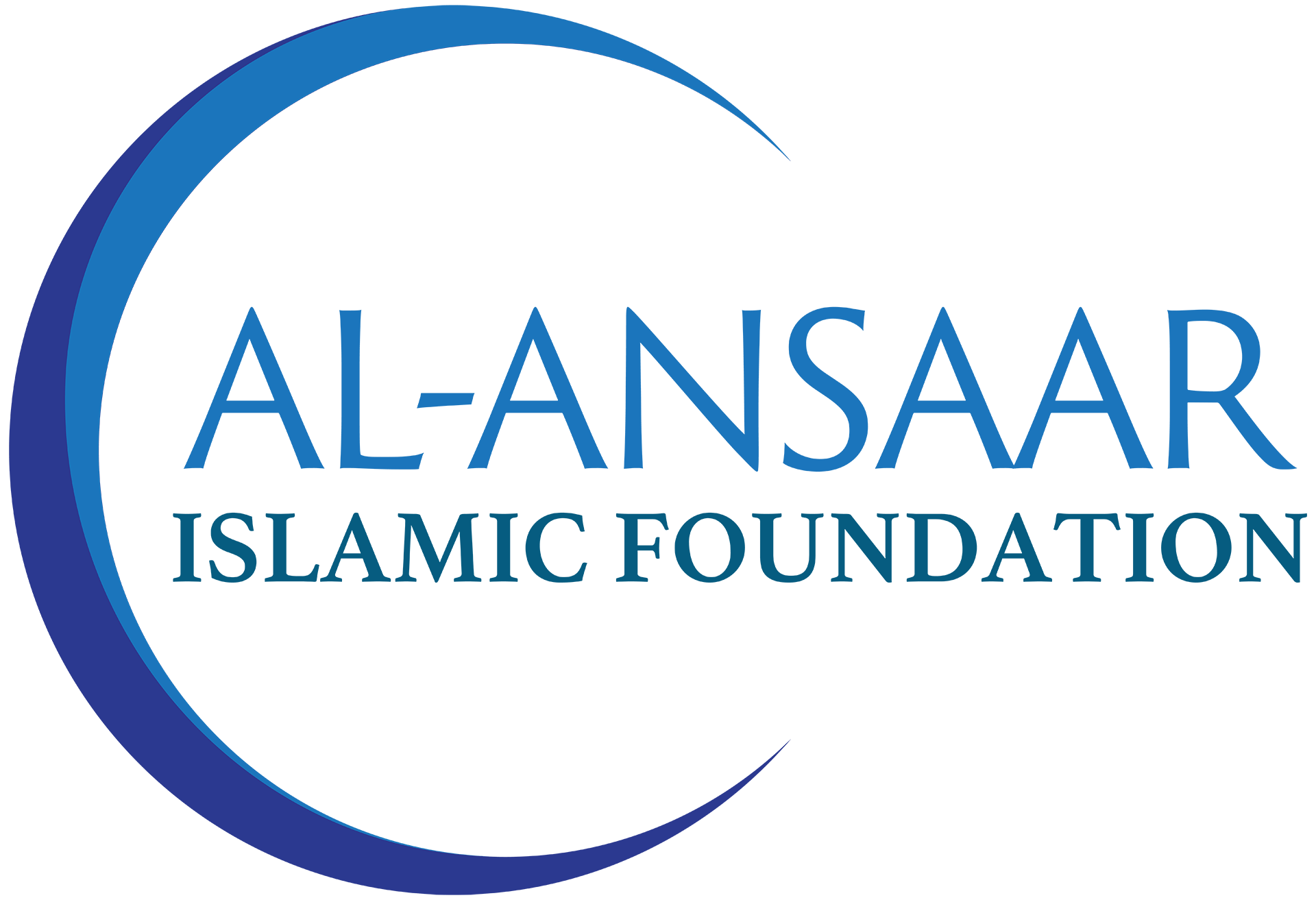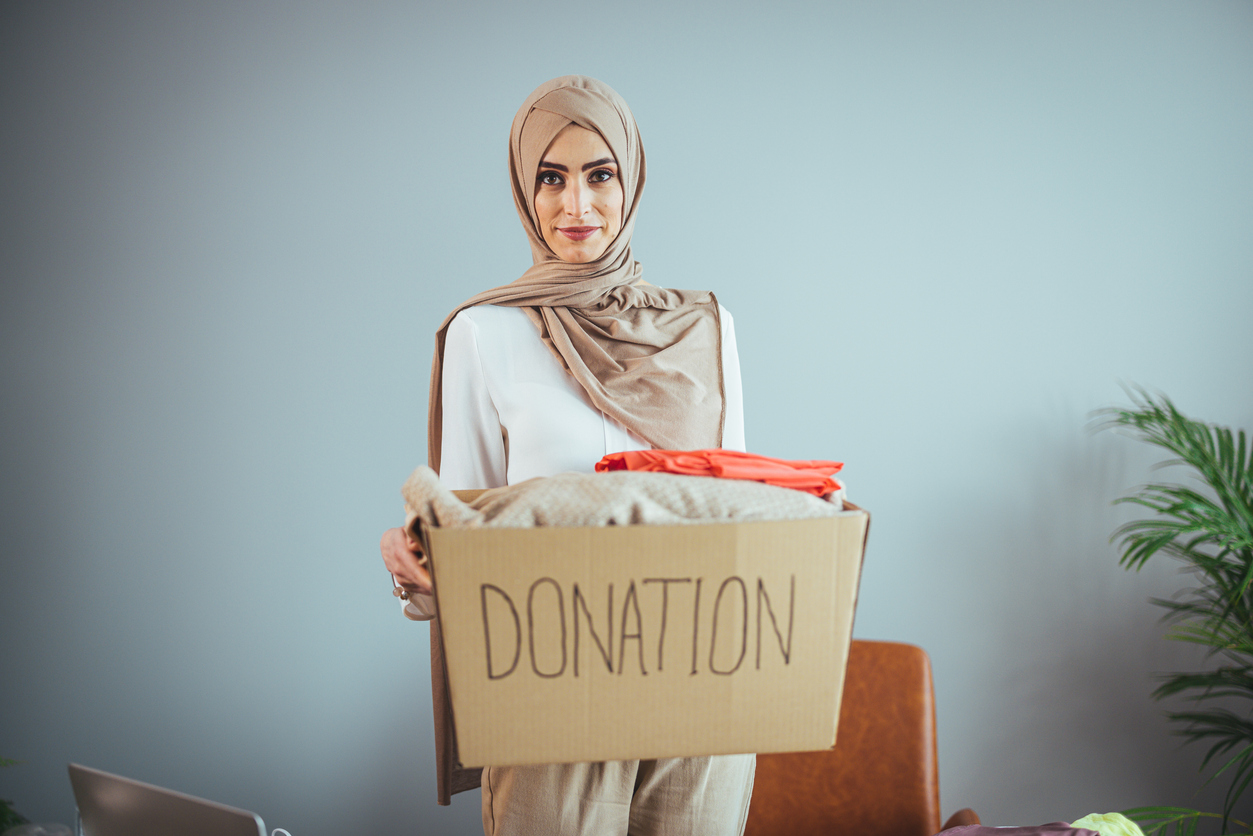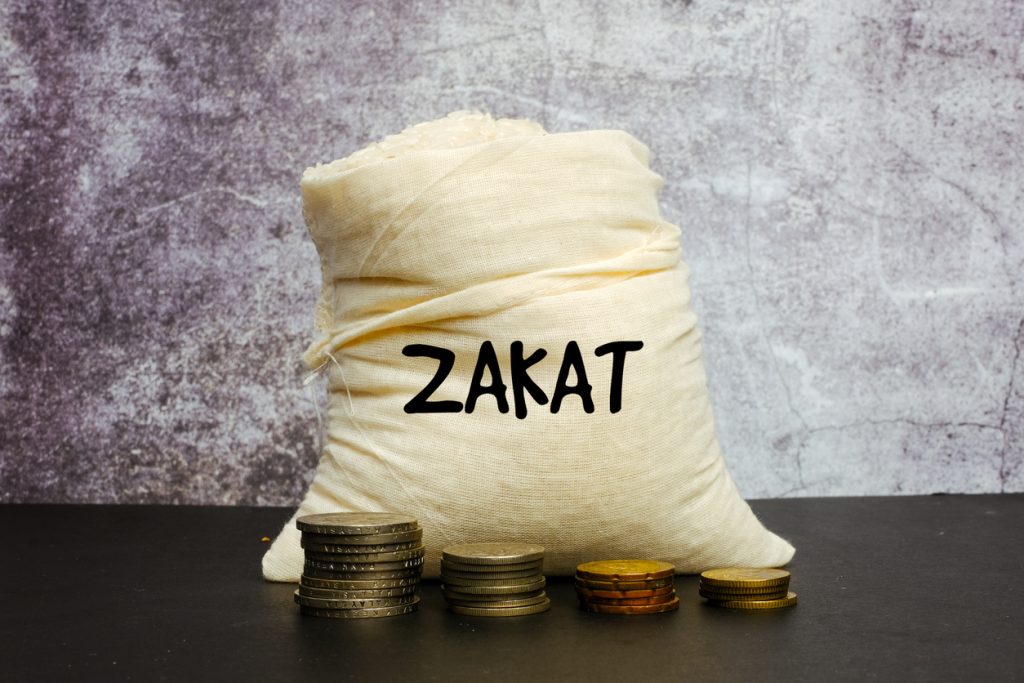Muslim adults over 18 who meet the Nisab threshold must donate to a charity called Zakat. It’s the third of the five pillars of Islam and was initially referred to as the mandatory donation to charity expected of every eligible Muslim. It differs from the voluntary act of generosity known as Sadaqah. A Zakat is an alms given in Allah’s name to those who qualify. Learn how often you must donate Zakat here.
Knowing When to Donate Zakat

When Should Zakat Be Paid?
Zakat is collected once a year. On the other hand, a Muslim only pays Zakat after possessing the Nisab for one entire lunar year. It indicates that each Muslim expects to pay Zakat at various times of the year, depending on when they first met and sustained the Nisab. That’s generally the approach to how one must donate Zakat.
Three Reminders of When You Must Pay Zakat
Check Your Wealth Weekly or Monthly
Zakat’s due dates can be confusing. Take stock of what you own from the date you reach or surpass the Nisab or the anniversary of your most recent Zakat payment. Assets constantly add and subtract, which can be drastic for some. Taking stock of your private wealth and assets prevents last-minute time and stress.
Create a Zakat Spending Plan
Keeping track of your income regularly and doing the math can help you feel more at ease about the amount of Zakat you’ll owe when the time comes, much like a budget helps you plan for the things you want to do or buy.
Make Use of a Zakat Calculator
Every Muslim who owns the Nisab for an entire lunar year must pay Zakat equal to 2.5 percent of its value.
The Nisab and the Zakat percentage must be calculated manually, which can be time-consuming when factoring in your wealth and holdings. Use the trustworthy, zero-cost, and user-friendly Zakat calculator Islamic Relief offers, facilitating immediate Zakat payment.
It’s not uncommon for Muslims to forget or miscalculate their annual obligation to pay Zakat, and some Muslims may be unfamiliar with this Islamic obligation. Moreover, there will be years in which you cannot pay your Zakat on time.
Thankfully, it’s always possible to catch up by making payments for each year in which you were delinquent. You can get the right amount by calculating the current Zakat and Nisab. From there, the Nisab value from the year and when no paid Zakat is substituted for the current Nisab value.
Giving Zakat is considered significant in Islam that it is mentioned in the Qur’an 82 times, each time close to a prayer. If you don’t help the poor and unfortunate, you can’t expect Allah to bless you. Giving has never made anyone poor. So open your folded palms and do what Allah has told you to do. Give Zakat to clean up your soul and help make the world better. Let’s live our lives in a good way and give those who are less fortunate a chance to live with respect.
The Al-Ansaar Islamic Foundation was started by a group of highly dedicated and passionate Muslims with a focus on knowledge and scholarship. Our ambition centres around the idea of contributing to communities by creating leaders, educators, and conscious individuals. We are ultimately concerned with building strong communities that impact the lives of others and motivate, inspire, and contribute to the good of humanity. Contact us toll-free at 1 (855) 633-6222.







